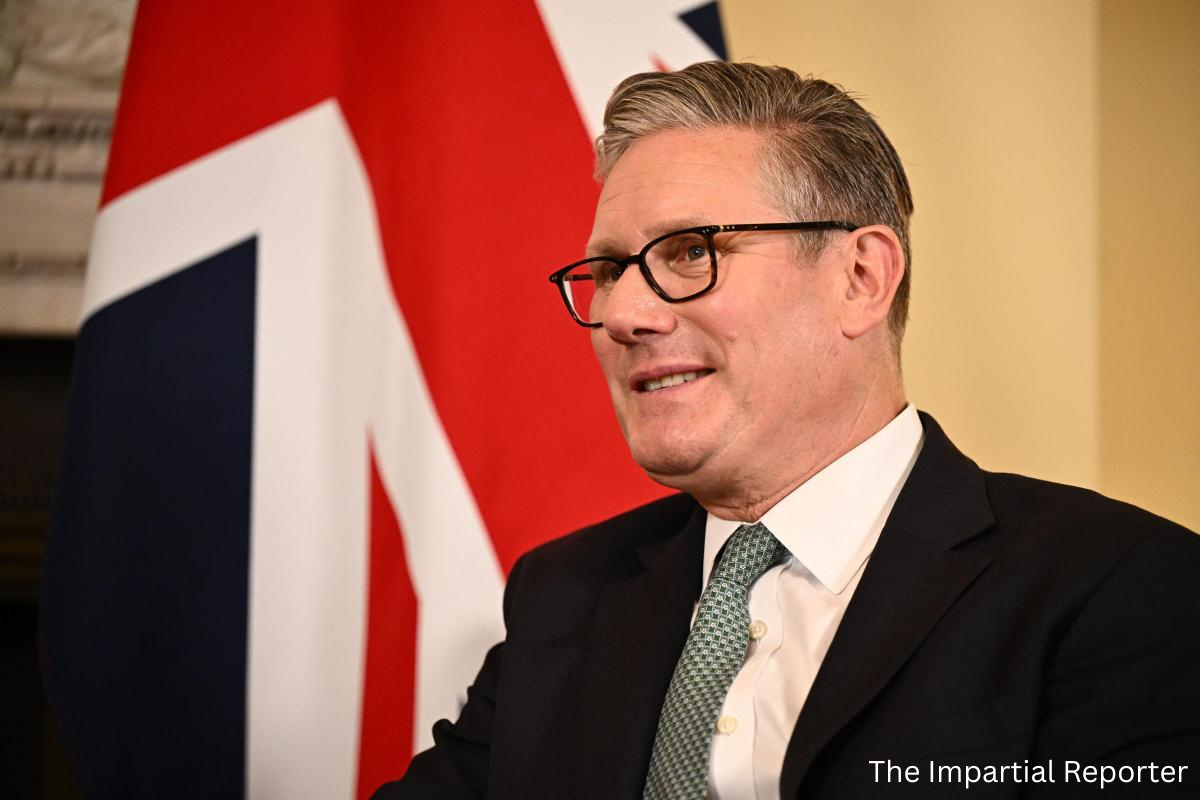The Israel-Hamas conflict has seen a notable development as British Prime Minister Keir Starmer described Hamas’ response to former President Donald Trump’s peace plan as a “significant step forward.” Posted on social media platform X on Friday, Starmer’s statement highlighted the potential for a closer path to peace and urged all parties involved to act swiftly to implement the agreement. This endorsement by a major international leader underscores the growing momentum toward diplomatic resolution amid a conflict that has caused widespread human suffering.
Prime Minister Starmer’s Statement
In his statement, Starmer emphasized that Hamas’ engagement with Trump’s peace proposal represents one of the most meaningful opportunities for resolution in recent years. He remarked that the developments had brought the conflict “closer to peace than ever before.” By urging all sides to “implement the agreement without delay,” Starmer highlighted the urgency of converting diplomatic progress into concrete action that can alleviate the humanitarian crisis and stabilize the region.
The Prime Minister’s remarks also reflected the broader international perspective that a negotiated settlement, even if incremental, is preferable to continued hostilities. Global leaders have increasingly expressed concern over escalating civilian casualties and infrastructure damage, and Starmer’s statement reinforces the need for immediate steps toward peace.
Context of the Peace Plan
The Trump peace plan, which has been central to recent negotiations, proposes several key measures aimed at resolving the conflict:
- Hostage Release: The plan calls for Hamas to release all Israeli hostages, with Israel reciprocating by releasing Palestinian prisoners and detainees.
- Ceasefire Agreement: Immediate cessation of hostilities to prevent further loss of life.
- Gaza Governance Transition: Hamas would transfer administrative control of Gaza to a neutral Palestinian technocratic body.
- Disarmament and Security Guarantees: Hamas is expected to disarm over time, with security assurances to prevent future violence.
Hamas’ willingness to engage with these proposals, while still negotiating certain elements, has been recognized internationally as a meaningful opportunity to reduce tensions.
International Reactions and Support
Starmer’s endorsement aligns with broader global sentiment emphasizing diplomacy and humanitarian considerations. Governments across Europe, the Middle East, and the United States have stressed the importance of verified compliance, security guarantees, and humanitarian relief as central components of any agreement.
The Prime Minister’s call for swift implementation mirrors concerns from international organizations about prolonged conflict and its devastating impact on civilian populations. Rapid and transparent action is seen as essential to building trust among the parties and creating a foundation for long-term peace.
Challenges and Considerations
Despite these hopeful signs, significant challenges remain:
- Conditional Agreements: Hamas’ response contains ambiguities, particularly regarding the timeline for hostage release, disarmament, and the role of its members in future governance.
- Israel’s Security Concerns: Israel continues to prioritize security and verification mechanisms to ensure that commitments are honored.
- Humanitarian Impact: Gaza continues to face severe humanitarian hardships, including shortages of medical supplies, food, and basic infrastructure, which must be addressed in parallel with political negotiations.
The path to peace will require careful coordination, international oversight, and transparent dialogue to ensure that agreements are both feasible and enforceable.
The Importance of Diplomatic Endorsements
Starmer’s statement demonstrates the influence of international leadership in shaping the course of complex conflicts. Endorsements from respected global figures can increase pressure on local actors to honor commitments, encourage transparency, and signal to affected populations that their concerns are recognized on the world stage.
By publicly supporting the steps outlined in Trump’s plan, Starmer contributes to creating a diplomatic environment where negotiated solutions gain credibility, increasing the likelihood of a peaceful resolution.
Conclusion
Prime Minister Keir Starmer’s recognition of Hamas’ response as a “significant step forward” reflects cautious optimism in the international community regarding the Israel-Hamas conflict. While the challenges of implementation, security, and humanitarian recovery remain substantial, this moment represents a potential turning point. Swift and transparent action, coupled with international support, could pave the way for meaningful progress toward peace, providing relief to affected populations and signaling hope for a stable future in the Middle East.
%20(4).png)




.png)

.png)

